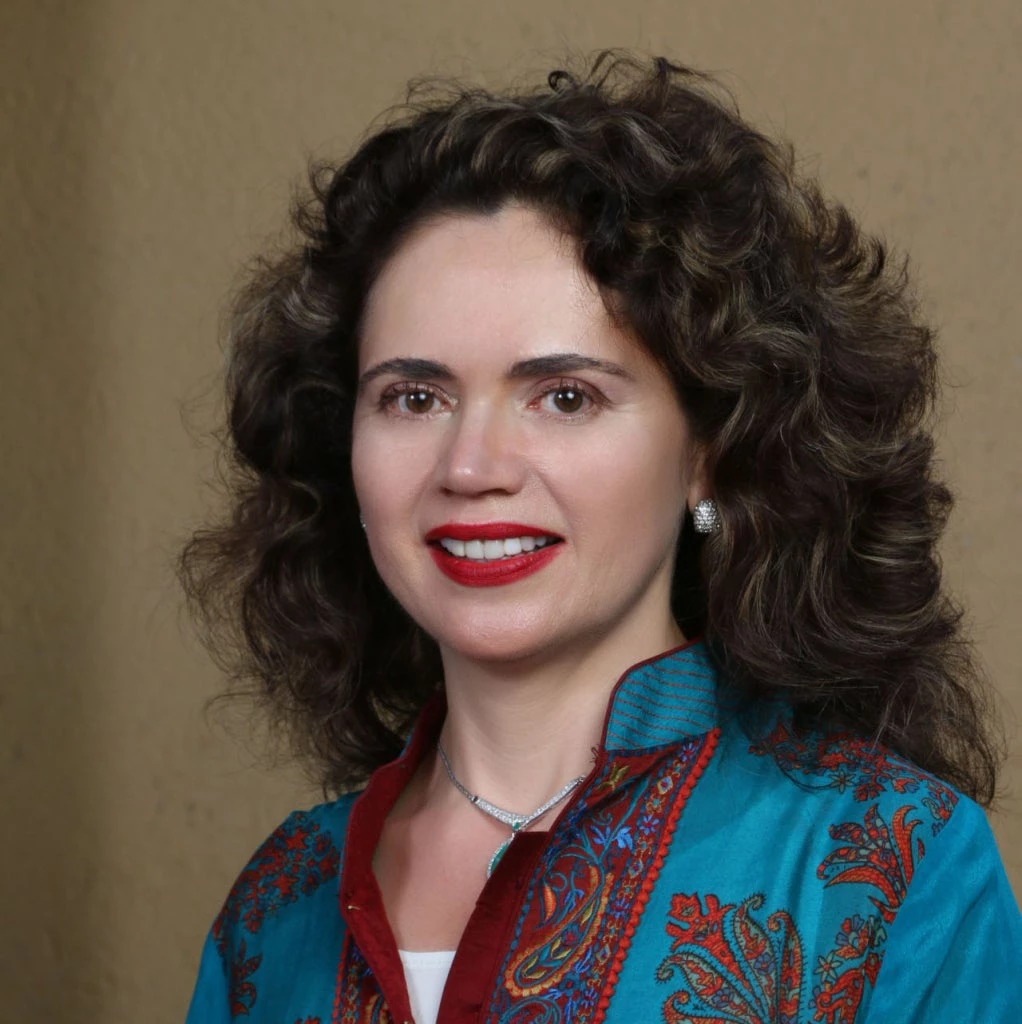As Latin America tries to further reduce poverty and inequality, a big question is whether the current combination of taxes and benefits (such as cash transfers) are sufficient. At the recent Latin American Economic Association Meetings (LACEA) held in Universidad del Pacifico in Peru, Nora Lustig—Professor of Latin American Economics at Tulane University—presented a seminal paper on equity and distribution that suggests the answer is no.
In an interview with the JKP team and Vox LACEA, she explains that standard measures of poverty and inequality may show an improvement for society as a whole but mask the fact that some people that weren’t poor become poor as a result of the fiscal package, and some poor become even poorer. What is needed to tease out this discrepancy is an additional measure called "fiscal mobility"—that is, a “before”/“after” comparison that would show winners and losers of taxes and transfers. Applying this measure to Brazil, she and her co-author (Sean Higgins) find that 11 percent of the non-poor become poor, 15 percent of the moderate poor become extremely poor, and 4 percent of the extremely poor become ultra-poor.

This work—part of the Commitment to Equity project sponsored by Tulane University and the Inter-American Dialogue—is important to identify how a given combination of taxes and transfers can change the income distribution and make a poor person even poorer. And this approach would be important to mainstream in standard fiscal incidence analysis. What tools would policy makers have at their disposal to improve outcomes? Lustig suggests alternative tax scenarios or attempting to compensate the losing poor for their losses and prevent any non-poor from becoming poor (by compensating them up to the point that they remain non-poor).
This post was first published on the Jobs Knowledge Platform.


Join the Conversation